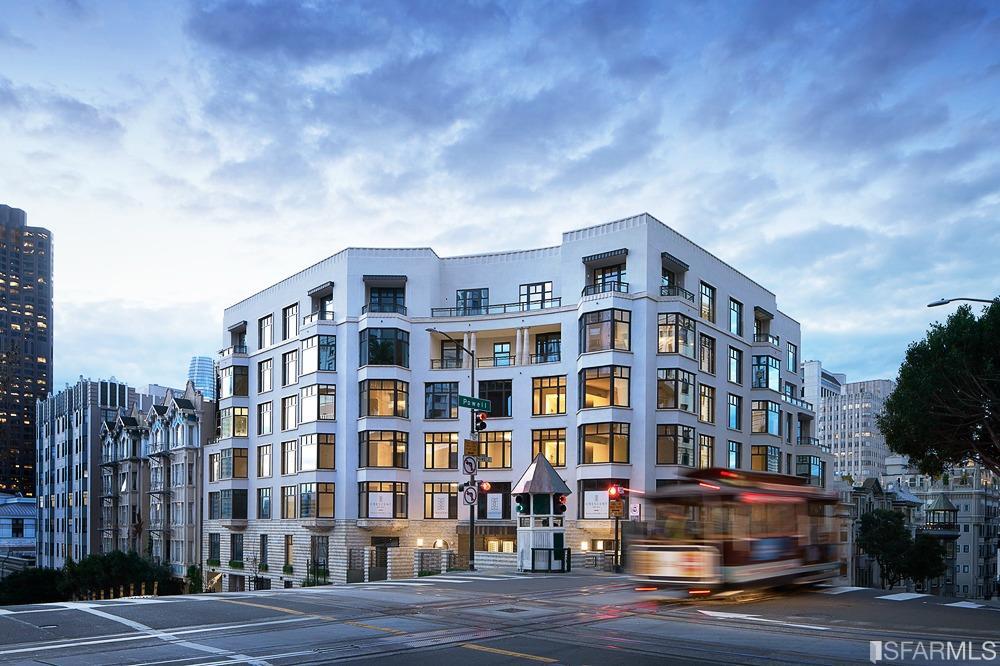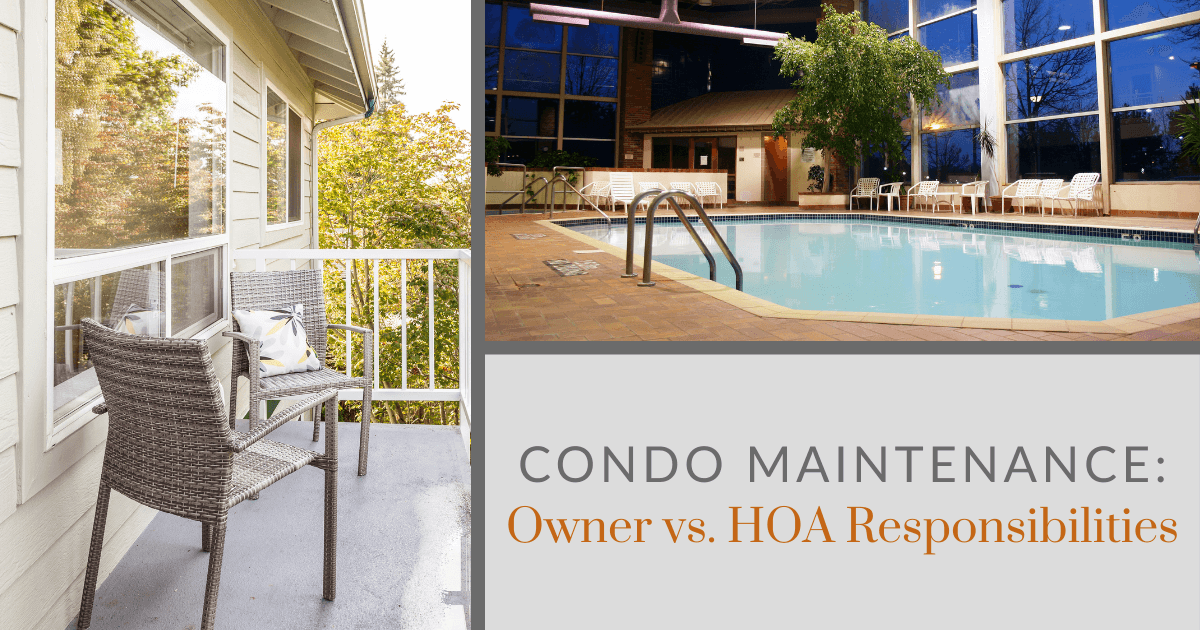How to Settle Disputes in an HOA Condo Setup
How to Settle Disputes in an HOA Condo Setup
Blog Article
The Role of an HOA in Developing and Enforcing Community Standards for Citizens
The duty of a Homeowners Association (HOA) in implementing and developing neighborhood standards is basic to preserving a cohesive and organized property environment - hoa condo. By developing clear rules that regulate facets such as residential property maintenance and neighborhood conduct, the HOA not just establishes standards for citizens but likewise cultivates a sense of belonging and responsibility. The application of these guidelines can provide numerous obstacles, elevating questions about neighborhood, communication, and fairness engagement. As we explore these complexities, it becomes apparent that the impact of an HOA extends far beyond plain rule enforcement.
Understanding Homeowners Organizations
Homeowners associations (HOAs) act as controling bodies for property communities, playing a crucial duty in preserving property values and fostering a feeling of neighborhood. Normally developed by developers, HOAs are made up of property owners within a designated location who choose a board to supervise the organization's activities. The main functions of an HOA consist of imposing area guidelines, taking care of typical locations, and organizing area events.
HOAs run under a set of controling documents, consisting of restrictions, agreements, and problems (CC&R s), which outline the legal rights and responsibilities of house owners. These laws aim to make sure that residential properties are kept to a specific requirement, therefore safeguarding the aesthetic allure and total value of the community. Furthermore, HOAs usually collect dues from house owners to money upkeep, landscape design, and other social work.
The existence of an HOA can dramatically affect the living experience within a neighborhood (hoa condo). While some residents appreciate the organized setting and services provided, others may find certain regulations restrictive. Balancing the interests of all property owners is vital for an HOA to work successfully, making certain that it offers its desired objective of boosting area living while valuing specific house owner legal rights
Establishing Neighborhood Guidelines

To begin, an HOA must conduct surveys or convene that allow locals to voice their pointers and problems. This participatory procedure cultivates a feeling of possession and boosts compliance. Next, the HOA board should evaluate the responses to recognize typical styles and concerns that require formal inclusion in the standards.
It is additionally crucial to make certain that the standards are clear, succinct, and quickly understood. Ambiguities can bring about misconceptions and disputes, threatening the objective of the guidelines. The guidelines need to be detailed, covering various facets of neighborhood living, including building upkeep, noise degrees, and use of usual areas.
Enforcement of Regulations
Efficient enforcement of community regulations is important for maintaining order and making sure that all locals stick to the established standards. An HOA should apply a structured strategy to impose these laws, which typically entails a combination of surveillance, communication, and charges for non-compliance.
First, regular evaluations and area patrols can help recognize violations, making sure that regulations are regularly used throughout the neighborhood. This positive surveillance allows the HOA to attend to concerns before they intensify, cultivating a feeling of accountability among homeowners.
Second, clear communication is essential. Citizens need to be informed of the guidelines and the treatments for reporting offenses. An open line of communication encourages locals to voice worries and look for clarification on guidelines, which can enhance compliance.

Finally, when violations occur, the HOA has to implement effects as detailed in the regulating documents. By properly applying policies, an HOA can cultivate an unified living atmosphere that reflects the cumulative values of its homeowners.
Advantages of HOA Regulations
Countless benefits arise from the execution of HOA guidelines, which serve to boost the lifestyle within a community. One main advantage is the upkeep of building values. By applying requirements for aesthetic appeals and upkeep, HOAs make sure that homes and common locations remain appealing, fostering a desirable living setting that can result in increased residential property values gradually.
Additionally, HOA guidelines advertise consistency and harmony within the community. This coherence in layout and maintenance assists to develop a feeling of belonging among citizens, adding to community satisfaction and a favorable atmosphere. Established guidelines i was reading this help with problem resolution amongst next-door neighbors by providing clear expectations and procedures for actions, thereby reducing conflicts.
An additional substantial benefit is the provision of shared facilities and solutions. Lots of HOAs take care of community facilities such as parks, pools, and clubhouses, which enhance recreational opportunities for locals. These facilities not only improve the quality of life however likewise motivate social interaction.
Eventually, the policies stated by an HOA cultivate a well-organized, unified area, making certain that homeowners appreciate a high criterion of living while cultivating an encouraging setting for all house owners.
Typical Obstacles Dealt With by HOAs
Amidst the benefits that house owners organizations (HOAs) can offer, they likewise run into a variety of challenges that can prevent their performance. One considerable problem is the lack of resident engagement. Numerous homeowners might not join meetings or area activities, resulting in a separate in between the HOA board and locals. This disengagement can cause misconceptions about area guidelines and an absence of support for enforcement initiatives.
Conflicts can develop when homeowners feel that enforcement is inconsistent or prejudiced, possibly leading to problems within the community. Furthermore, HOAs commonly encounter economic constraints, which can limit their ability to preserve typical locations or fund area tasks.
Furthermore, browsing legal complexities can be discouraging for HOAs. Advancing and altering demographics community needs need HOAs to adjust their guidelines, often satisfying resistance from long-standing citizens who are accustomed to traditional norms.
Final Thought

By developing clear regulations that govern aspects such as building upkeep and neighborhood conduct, the HOA not just establishes standards for locals however additionally cultivates a sense of belonging and responsibility.Homeowners organizations (HOAs) offer as controling bodies for residential neighborhoods, playing a critical role in maintaining home worths and discover this info here cultivating a feeling of area. Many homeowners may not take part in meetings or neighborhood activities, leading to a detach in between the HOA board and citizens. Transforming demographics and advancing community needs require HOAs to adjust their standards, read this post here often meeting resistance from long-standing residents who are accustomed to traditional norms. Via the growth of clear laws and regular enforcement, HOAs advertise residential property upkeep, neighborhood pride, and count on among residents.
Report this page